The leaders of the European Union failed to agree on a decision on using Russia's frozen assets to fund Ukraine’s defence, despite multiple pleas from Ukrainian President Volodymyr Zelenskyy. Hopes of agreeing on a new way of funding Ukraine’s war effort were defeated after Belgium opposed the bill to use the frozen assets.
The vote from Belgium was crucial since it hosts most of the Russian central bank funds immobilised in the EU at the Brussels-based institution Euroclear. At a summit in Brussels on Thursday, EU leaders agreed to merely ask the European Commission to present “options for financial support” for Ukraine, without reference to Russian frozen assets.
In contrast, earlier drafts of the proposal stated that the body should involve “the possible gradual use of the cash balances” associated with the immobilised assets. “The EU is committed to addressing Ukraine’s pressing financial needs for the next two years, including support for its military and defence efforts,” the European Council president, António Costa, tweeted after the talks.
Meanwhile, EU Commission President Ursula von der Leyen insisted there had been an agreement on the principle of the reparation loan. “There are points to be clarified and [we need] to have a deep dive and to work more on them," she said. “So in other words, we agreed on the what – that is the reparation loan – and we have to work on the how – how we make it possible," she furthered.
EU remains optimistic
Costa, who chaired the meeting, said both the presidents of the European Central Bank and the Eurogroup, who took part in the meeting, agreed that the reparations loan respected international law and that all technical issues in this regard can be resolved. “That means that this solution is feasible,” Costa said.
The conundrum of funding Ukraine’s war efforts emerged as the US scales back its effort. The body is expected to discuss the issue at the summit scheduled for December. The reparation loan remains an option, but is less likely to be ready early next year as Ukraine had hoped.
Impact Shorts
More ShortsBefore the meeting on Thursday, Zelenskyy urged European leaders to take the “great” decision to fund Ukraine’s defence as soon as possible. “Anyone who delays this decision is not only limiting our defence but also slowing down your own progress,” he told EU leaders, promising that Ukraine would spend a lot of money buying European weapons. “The time to act on Russian assets is now, and I urge you for your full support.”
The European Commission was hoping to use the assets at Euroclear as the basis for a €140 billion (£122 billion) loan to Ukraine, which would only be repaid once Russia paid compensation for the war. Officials believe that the body has found a way of making Russia pay for its war without confiscating assets or breaching property rights, The Guardian reported.
The Kremlin has said that the scheme was a theft and vowed to pursue any individual or country deemed to have taken Russian money. During the Thursday summit, the leaders needed the agreement of Belgium, which hosts €183 billion of Russian central bank assets at Euroclear, 86 per cent of all frozen Russian state assets in the US and two-thirds of the worldwide.
Why Belgium is opposing
Belgium’s Prime Minister Bart De Wever maintained that the biggest problem was how to guarantee that the cash was available immediately if something went wrong. Arriving at the summit earlier on Thursday, he threatened to oppose the plan without guarantees that the rest of the EU would cover the cost if Russia came looking for its money.
“If you want to do this, we will have to do this all together. We want guarantees that if the money has to be paid back, every member state will chip in. The consequences cannot only be for Belgium,” he said. EU leaders attempted to meet his concerns with a promise of “burden sharing and coordination” with the G7, but it was not enough to secure an agreement.
It is pertinent to note that one-third of Russian state assets are held outside the EU, including in Japan (€28 billion), the UK (€27 billion), Canada (€15 billion) and the US (€4 billion). While the United Kingdom and Canada will make similar moves, EU officials are less hopeful about the US, which holds a small but symbolic amount of Russian state assets.


)
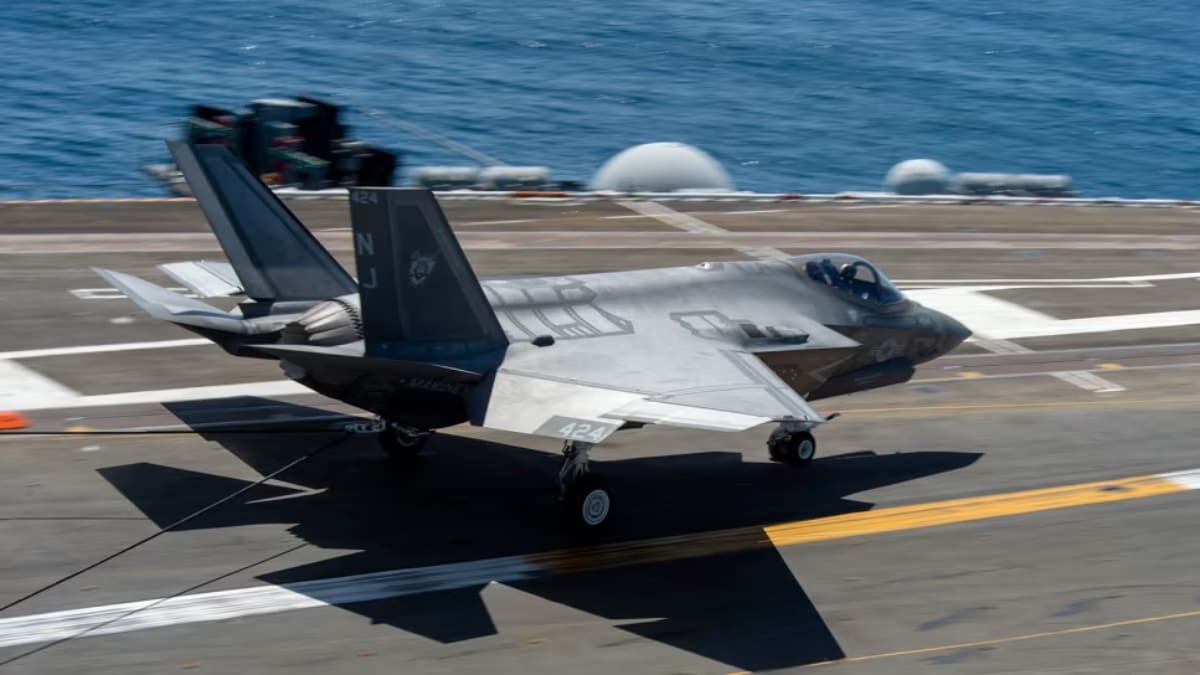
)
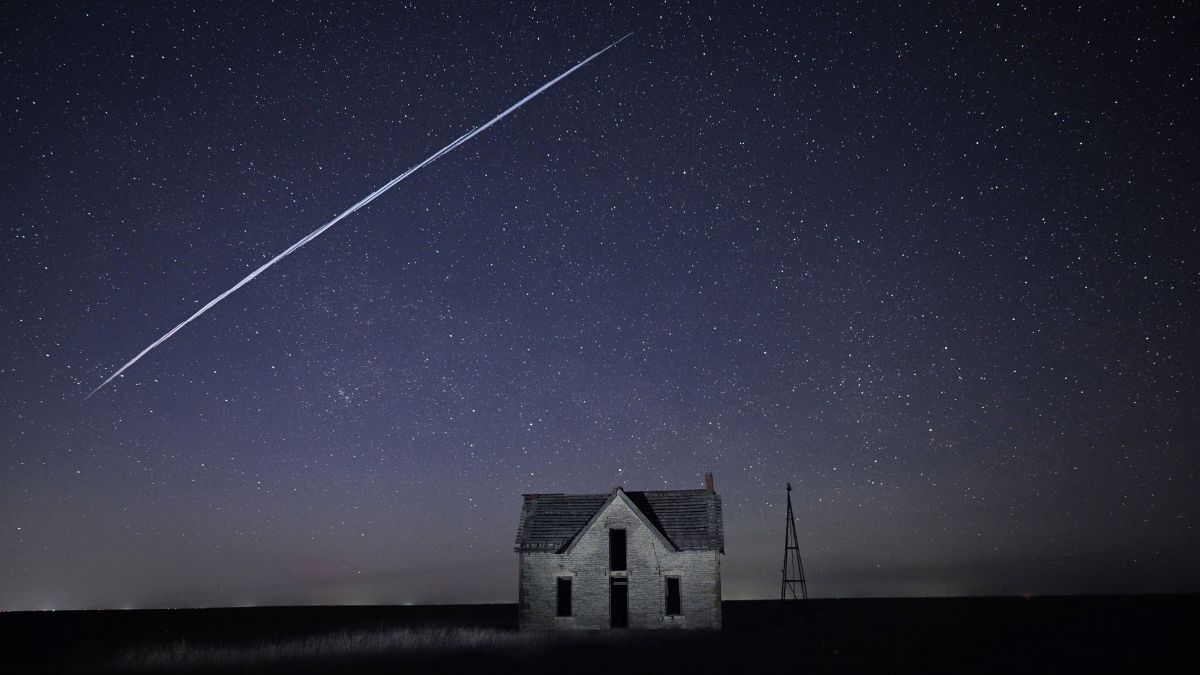)
)
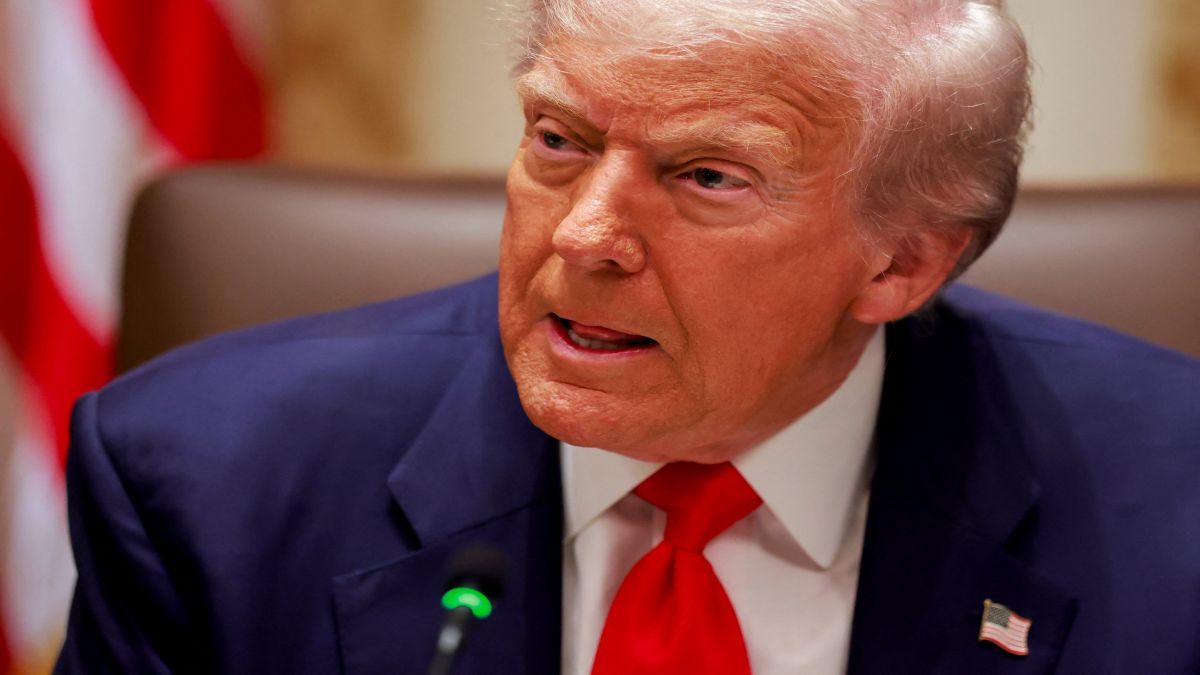)
)
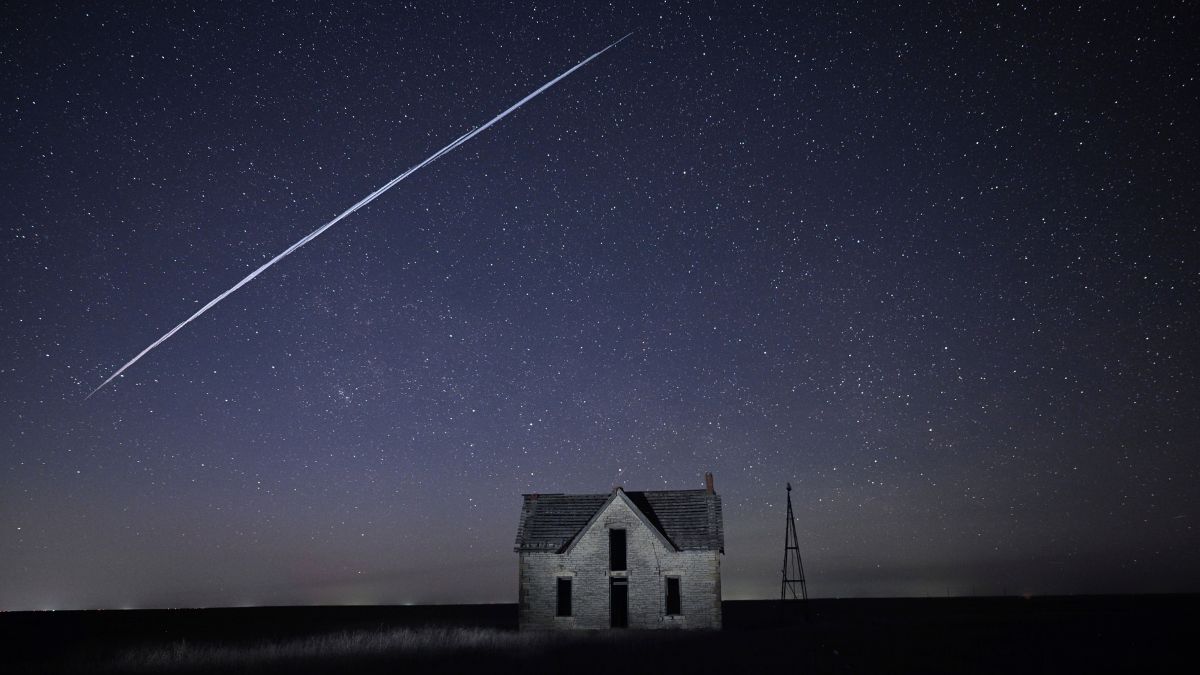)
)
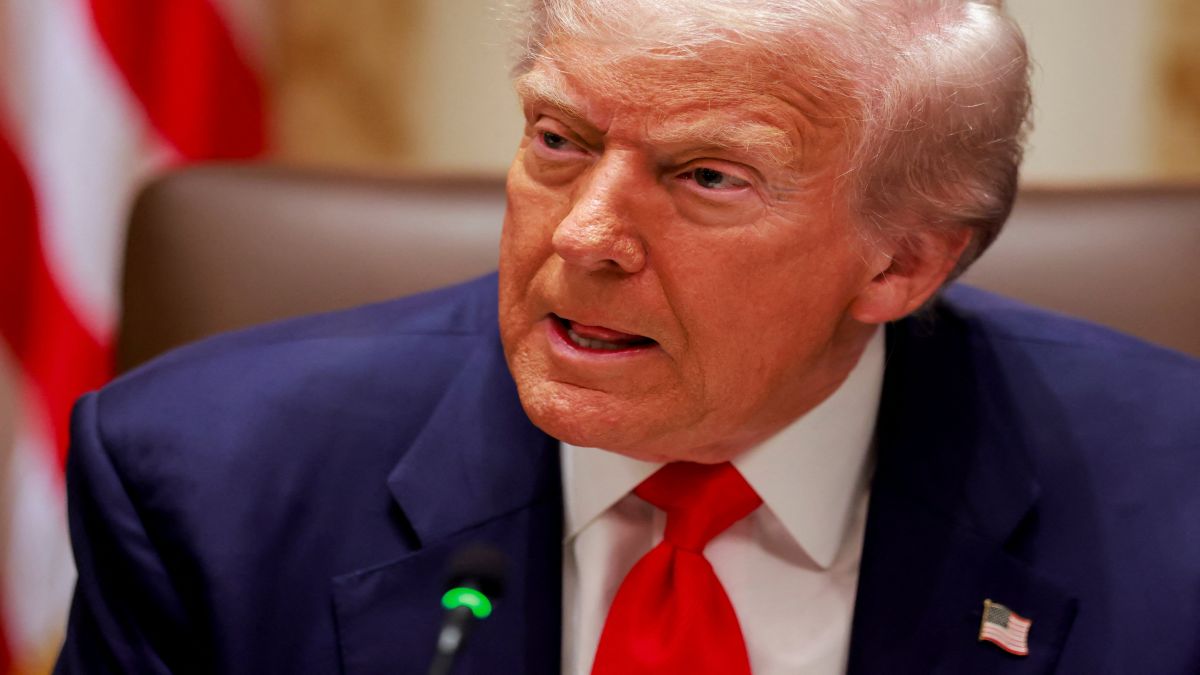)



